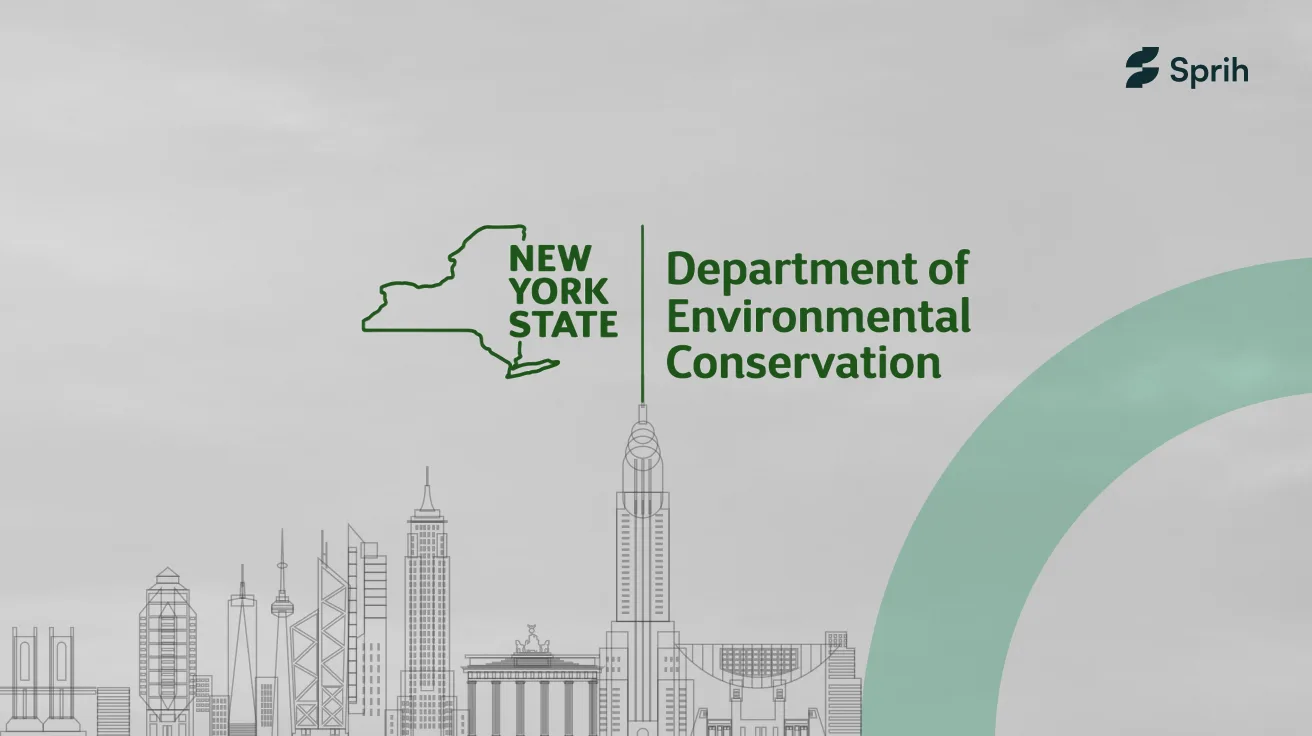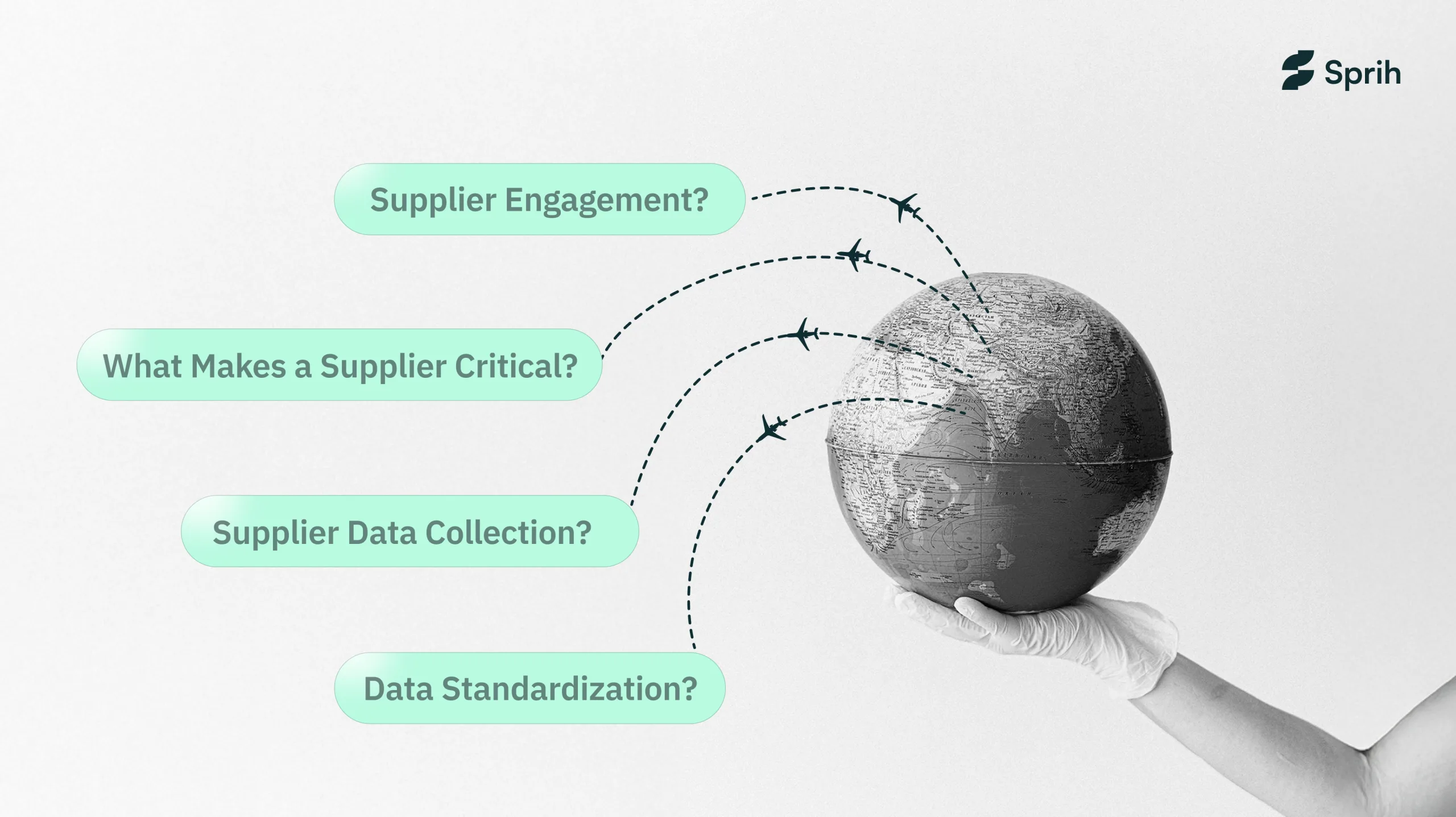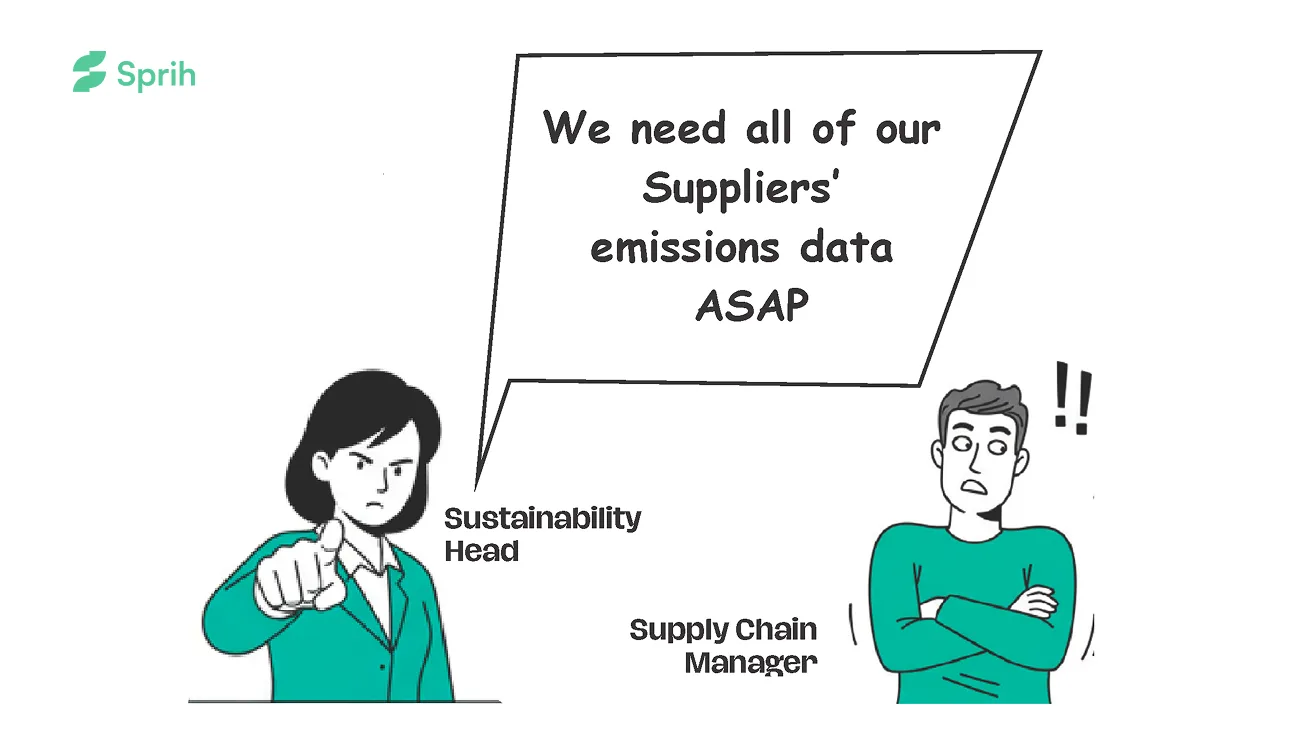California’s climate disclosure laws SB 253 and SB 261 directly impact many non‑U.S. companies. If your business is based outside the U.S. but generates over $500 million or $1 billion in global revenue and meets California’s ‘doing business’ thresholds, these rules likely apply to you.
This post breaks down what “doing business in California” means, how non-U.S. companies are affected, and how to comply if you fall under these rules.
Overview: Why This Matters Globally
California’s climate laws are not regional outliers. They’re setting the tone for broader climate disclosure across the United States and influencing global expectations.
SB 253 (greenhouse gas disclosure) and SB 261 (climate‑related financial risk reporting) apply based on global revenue and California business activity—not corporate headquarters—meaning non‑U.S. firms are fully covered. That makes them particularly important for:
- European multinationals
- Canadian and Latin American conglomerates
- Asia-Pacific manufacturers and tech firms
- Global brands with U.S. subsidiaries or retail footprints
If you’re generating significant revenue from California—even via e-commerce or subsidiaries—these rules could apply to you, regardless of where you’re based.
SB 253 and SB 261: Who They Apply To
SB 253 — Climate Corporate Data Accountability Act
- Applies to companies with over $1 billion in global revenue
- Must be doing business in California
- Requires annual disclosures of Scope 1, 2, and 3 GHG emissions
- Third-party assurance is required (phased)
SB 261 — Climate-Related Financial Risk Act
- Applies to companies with over $500 million in global revenue
- Also must be doing business in California
- Requires biennial disclosures on climate-related financial risk
- Reports must be publicly available on company websites
The term “global revenue” is critical here. You don’t need to earn that revenue in California—just globally—and conduct qualifying business in the state.
Do These Laws Apply to Non-U.S. Companies?
Yes. Neither SB 253 nor SB 261 restrict their scope to U.S.-domiciled businesses. In fact, the laws were written with an intentionally broad reach.
Any foreign company that exceeds the revenue thresholds and does business in California is subject to the disclosure requirements. This includes:
- Companies with U.S. subsidiaries or operations in California
- E-commerce firms selling directly to California consumers
- Tech or media companies monetizing users or data in the state
- Energy, manufacturing, and logistics companies with facilities, leases, or fleets in California
There’s no carve-out based on place of incorporation, industry, or reporting jurisdiction elsewhere.
How “Doing Business in California” Is Defined
The term isn’t clearly defined in the laws themselves, but it builds on California’s tax code definitions (CA Revenue and Taxation Code Section 23101). According to these provisions, a company is “doing business” in California if any of the following apply:
- You have sales in California exceeding $690,144 (2023 threshold)
- You have property or payroll in California above a certain amount
- You are commercially active in the state in any way
This standard can apply to:
- Parent companies with California subsidiaries
- E-commerce companies with high-volume California customers
- Entities licensing IP or services in the state
It’s broad by design. If you’re unsure, it’s safer to assume you’re in scope and verify with counsel.
Compliance Requirements for Non-U.S. Firms
Once covered, non-U.S. companies must meet the same compliance obligations as domestic firms.
Under SB 253:
- Disclose GHG emissions annually: Scope 1 and 2 first, Scope 3 from 2027
- Submit reports to CARB (California Air Resources Board)
- Assurance required: Limited assurance for Scope 1 and 2 from 2026; reasonable assurance by 2030
Under SB 261:
- Disclose material climate-related financial risks every two years
- Use a TCFD-aligned or IFRS S2-compliant format
- Publish report on a public website
Reports must be in English and accessible to regulators and the public. CARB is expected to issue specific formatting guidelines.
Overlap With EU and Global Standards
For many non-U.S. firms, these California laws won’t be the first time they’re disclosing climate data. You may already comply with:
- CSRD (EU): Requires double materiality reporting, GHG disclosures, and climate risk assessment
- ISSB/IFRS S2: International baseline for sustainability disclosures
- CDP: Voluntary reporting that aligns with TCFD
- SBTi: Science-based target disclosures across Scope 1, 2, and 3
Here’s the good news: If your company already reports under these frameworks, much of the groundwork for SB 253 and SB 261 is already in place.
Still, California’s laws are not identical. You may need to:
- Localize emissions data to include California-specific activity
- Adjust formatting and delivery to meet CARB rules
- Verify whether third-party assurance providers meet California’s criteria
What Non-U.S. Companies Should Do Now
- Determine Applicability
Run a materiality check:
- Do you meet the revenue threshold?
- Do you sell, operate, or employ in California?
- Are you indirectly covered through a U.S. entity?
- Map Current Disclosures Against SB 253 and SB 261
Identify gaps in:
- Scope 3 coverage
- Assurance readiness
- Risk reporting framework
- Assign Internal Responsibility
- ESG or Sustainability leads should coordinate
- Legal and tax teams must validate “doing business” triggers
- Finance teams need to align on assurance timelines
- Engage a Reporting Partner Early
Whether it’s Sprih or another provider, partner early to build:
- GHG inventory processes
- Climate risk assessments
- Reporting formats aligned to California’s deadlines
Monitor CARB Updates
California regulators will continue refining the technical details. Non-U.S. firms should track guidance and adjust workflows accordingly.
FAQs
What types of non‑US companies are subject to SB 253 and SB 261?
Foreign-based companies that generate over USD 1 billion (for SB 253) or over USD 500 million (for SB 261) in global annual revenue and meet California’s “doing business” thresholds—such as through sales, subsidiaries, e‑commerce, or operations in the state—must comply.
How does California define “doing business in California” for non‑US companies?
While not defined explicitly in the law, Sprih notes that California interprets this through its tax code: companies with sales, property, or payroll in California above set thresholds (e.g. sales above ~$690,000) are considered doing business in the state.
What reporting obligations apply to non‑US companies under SB 253?
Non‑US companies covered by SB 253 must disclose their Scope 1, Scope 2, and Scope 3 greenhouse gas emissions annually, submit filings to CARB, and meet third‑party assurance requirements phased in from 2026 through 2030.
What are the SB 261 requirements for non‑US firms?
Companies over USD 500 million in global revenue operating in California must publish a biennial climate‑related financial risk report aligned with TCFD or equivalent, detailing risks and mitigation strategies on their public website.
Do non‑US companies follow the same assurance schedule under SB 253?
Yes. They must obtain limited assurance on Scope 1 and 2 emissions starting in 2026, with reasonable assurance required by 2030, and limited assurance for Scope 3 emissions also becoming mandatory by 2030.
How do existing global reporting standards relate to California requirements for non‑US companies?
Sprih highlights that non‑US firms often already report under frameworks like CSRD, ISSB/IFRS S2, or CDP, but must adapt emissions data to California rules, ensure CARB-compliant formats, and select assurance providers meeting CARB standards.
What preparatory steps should non‑US companies take now for compliance?
Non‑US firms should first determine if they meet the revenue and California business thresholds, map current disclosures against SB 253 and SB 261 requirements, assign internal responsibility (e.g. sustainability, finance, legal functions), and engage reporting or assurance partners early.













